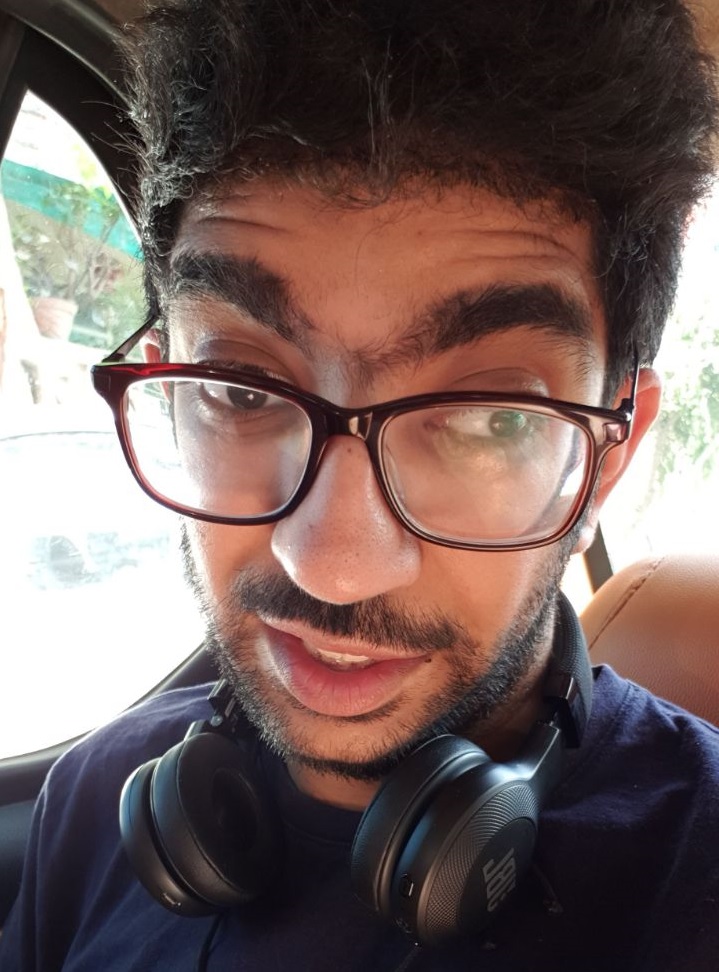Is Facebook's new Journalism Project the solution to its fake news problem?

The day President-Elect Donald Trump held a news conference calling CNN 'fake news' and BuzzFeed a 'failing pile of garbage' was also the day Mark Zuckerberg and Facebook launched The Facebook Journalism Project.
"We care a great deal about making sure that a healthy news ecosystem and journalism can thrive," said product executive Fidji Simo, in a post announcing the project.
Taking responsibility
Facebook has finally accepted its role as one of the world's largest distributors of information (and specifically news). It is now taking its job seriously, taking this responsibility on its shoulders and trying to thwart the barrage of 'fake news' that has spread on the social media platform like wildfire over the last few years.
Creating a news network
On Wednesday, the social network made their latest move public by launching the Facebook Journalism Project.
Facebook, the world's largest social network, will now work with newsrooms across the world. They are even helping launch a campaign that teaches users how to distinguish between 'real' and 'fake' news. Besides this, Facebook plans to get involved in hackathons, local news promotion (because that is a "starting place for great journalism"), independent news and testing 'emerging business models' with many of their partners.
To those who have been oblivious to all things happening in the past year or so, this isn't unwarranted. Facebook was running back to the drawing board after being embroiled in a 'fake news' controversy that maligned much of the election cycle in the United States. During the past twelve months or so, fake news was spreading far faster than real news and this was a point of concern for many.
Another reason something like this was sorely needed is because the online ad dollars were being spent on Facebook and Google instead of directly with the various publishers.
What's next
Facebook's project will begin in the next few weeks and a lot of publishers - The Washington Post and Vox Media, Hindustan Times, "Including a partnership with the engineering team at Bild, the German publisher, testing offering free trials to engaged readers from within its Instant Articles product," - will work in partnership with FB during the test phases.
Just last month, Facebook had announced a partnership and begun a series of experiments. These were done to limit the misinformation/fake news on the social network.
Service ads, designed by the New Literacy Project, will be funded by Facebook. These serve to help users think about the places they are getting their news from. Alan Miller, the head of this project said it would be taking the curriculum it developed for high school and middle school children and using it to create "compelling" video ads to reach a broad swath of Facebook users.
Facebook has also acquired CrowdTangle back in November and now plans to make it free to use. CrowdTangle is an analytics tool used to search for Facebook data by publishers and journalists.
Facebook's stance
Social network giant Facebook still likes to insist it's a technology company first rather than a media company with an editorial head. However, now, Facebook has hired former NBC and CNN anchor Campbell Brown to oversee the news partnerships.
For Facebook, news isn't the most important, despite this decision. In fact, it's on a level playing field with everything else - the cat photo, the games you play, the videos you watch. At the heart of it is 'time spent' on the social network. The engagement of users on Facebook is of utmost importance. To this extent, Facebook had announced, in 2016, that it was tinkering with its News Feed. This was done so that items from users would be prioritised over items from publishers.
Facebook, for its part, says the project is in the early stages and as publishers, journalists and most importantly readers, evolve, so would the project.
Still, Facebook is a global behemoth of a company that a large number (billions) use on a daily basis. Therefore, their impact is greatest. So to show a positive initiative to clampdown on fake news and get the real deal out there is a good move at any rate. Let's hope from here, Facebook does more on the path to cleaning up the media industry.
"This is just the beginning of our effort on that front - we have much more to do. The Facebook Journalism Project Page will serve as a hub for our efforts to promote and support journalism on Facebook, and we'll update you on our initiatives here," read the end of the announcement post.
First published: 13 January 2017, 1:10 IST






![BJP's Kapil Mishra recreates Shankar Mahadevan’s ‘Breathless’ song to highlight Delhi pollution [WATCH] BJP's Kapil Mishra recreates Shankar Mahadevan’s ‘Breathless’ song to highlight Delhi pollution [WATCH]](https://images.catchnews.com/upload/2022/11/03/kapil-mishra_240884_300x172.png)

![Anupam Kher shares pictures of his toned body on 67th birthday [MUST SEE] Anupam Kher shares pictures of his toned body on 67th birthday [MUST SEE]](https://images.catchnews.com/upload/2022/03/07/Anupam_kher_231145_300x172.jpg)






